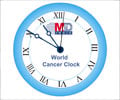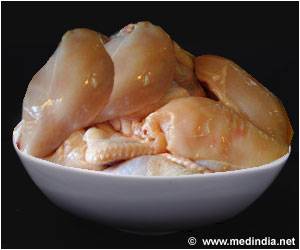
This EPIC (European Prospective Investigation into Cancer and Nutrition) study involved ten countries and 23 centres in Europe and almost half a million people. In general a diet high in processed meat was linked to other unhealthy choices. Men and women who ate the most processed meat ate the fewest fruit and vegetables and were more likely to smoke. Men who ate a lot of meat also tended to have a high alcohol consumption.
A person's risk of premature death (increased risk of all cause mortality) increased with the amount of processed meat eaten. This is also true after correcting for confounding variables, although residual confounding cannot be excluded. However, a small amount of red meat appeared to be beneficial which the researchers suggest is because meat is an important source of nutrients and vitamins.
Prof Sabine Rohrmann, from the University of Zurich, who led this analysis explained, "Risks of dying earlier from cancer and cardiovascular disease also increased with the amount of processed meat eaten. Overall, we estimate that 3% of premature deaths each year could be prevented if people ate less than 20g processed meat per day."
This article marks the launch of an article collection on Medicine for Global Health in BMC Medicine. The collection focuses on public health initiatives, the development of health care policies and evidence-based guidelines which are needed to address the global burden of disease. Vulnerable populations, especially in low and middle income countries, continue to be seriously affected by non-communicable and infectious diseases including neglected tropical diseases, while complications during pregnancy and childbirth in these regions leave mothers and infants at risk of severe disability or death.
Source-Eurekalert











